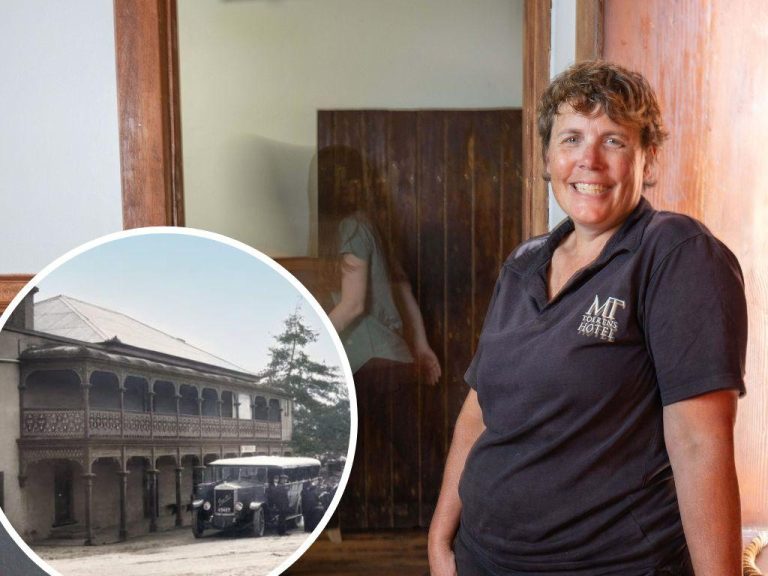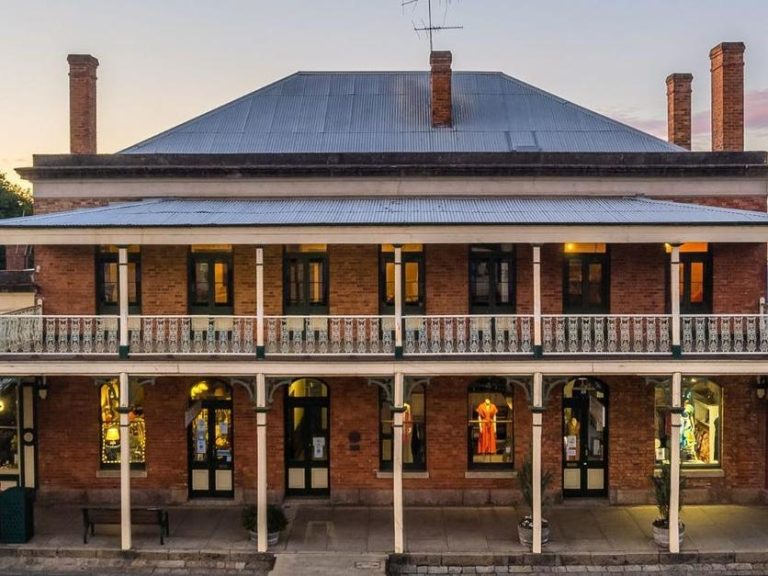Hale Capital Partners to ride e-commerce boom as last mile logistics propels manager towards $4bn
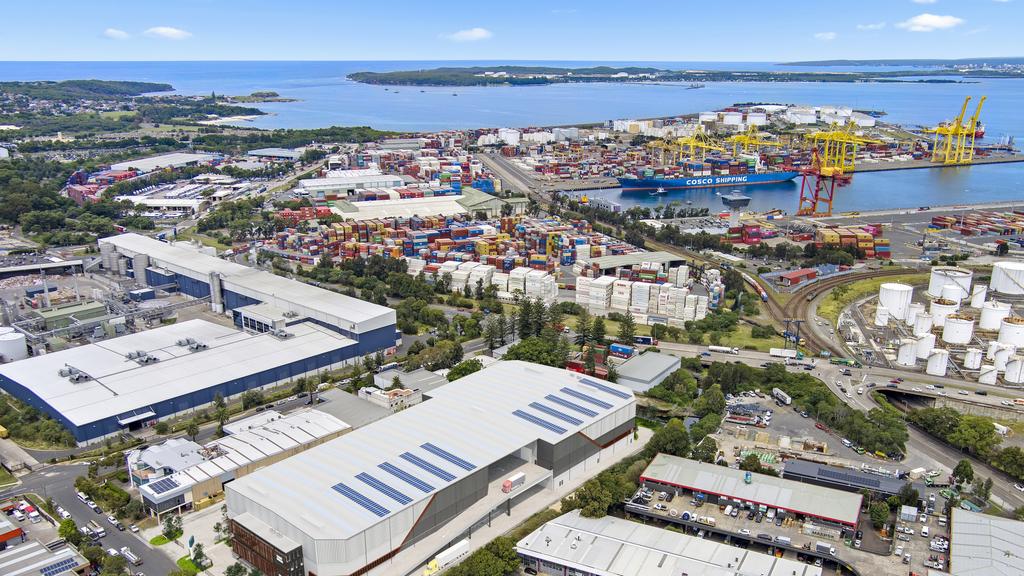
Artists impression of 42-52 Raymond Avenue
Real estate fund manager Hale Capital Partners believes that the transformation of under-utilised industrial and logistics assets near Australia’s major urban centres across Australia is just beginning.
The Australia and Singapore-based real estate fund manager has dramatically expanded since being set up in 2021 by industry veterans Robert McMickan and Nicholas Bradley, and is on track to manage $4bn of assets.
The pair, who got their starts working for large industrial property groups around the country and then the world, saw a gap in the local market as e-commerce took off and customers demanded faster deliveries.
Few had caught on to the last mile logistics theme locally. “There wasn’t a group exclusively focused on it,” Mr Bradley said. And at the time, last mile logistics was still in its infancy.
“It was a thematic that was at a nascent stage,” he said.
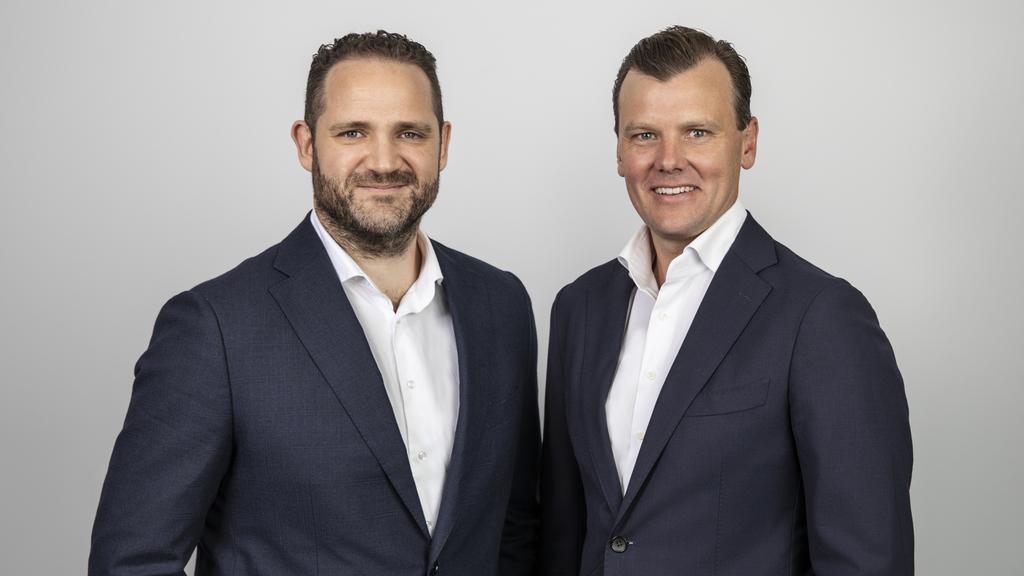
Hale Capital joint managing directors Robert McMickan (l) and Nicholas Bradley (r).
Even now, the field is still really just hitting its straps and most deals the firm and its rivals do go below the radar of large institutions as they are struck off-market.
But with two industrial ventures already underway in partnership with global real estate investor Oxford Properties – with Warburg Pincus also invested in one of them – the business is gearing up to launch a third venture, to be known as the Hale Core Plus Logistics Fund. The latest fund will complement the existing vehicles and active investing on behalf of their mandate clients.
“We’re looking to this fund put in place to complement our existing investment program,” Mr McMickan said. “This particular venture complements the level of proprietary deal flow to match capital into lower risk opportunities.”
The new core-plus fund will mainly focus on income-generating assets, which could play well into a market where assets are priced on tight initial passing yields and expectations of rental growth running at 30 to 40 per cent.
The thesis is that in a market where most assets are materially under-rented, the firm and other buyers have had difficulty in paying for the potential market rent lifts.
The latest fund is designed to capture low risk, high quality assets and then re-lease them to capture the uplift on the higher rents.
“What we’re now seeing is a really strong pipeline come through in the income focus space, so we’re just looking to match capital into that space,” Mr McMickan said.
Hale is seeing the opportunity to boost rents as industrial markets do not have enough supply coming through to satisfy demand for space.
The company has been known for its focus on under-utilised smaller to mid-scale properties and brownfield redevelopment, chasing assets larger than many private investors target but smaller than those in the sights of large institutions.
Hale has committed more than half a billion dollars in 18 months, with Hale’s 13 individual transactions to date all completed off market.
But there will be a step change, and it will shift beyond infill markets to also target more peripheral areas.
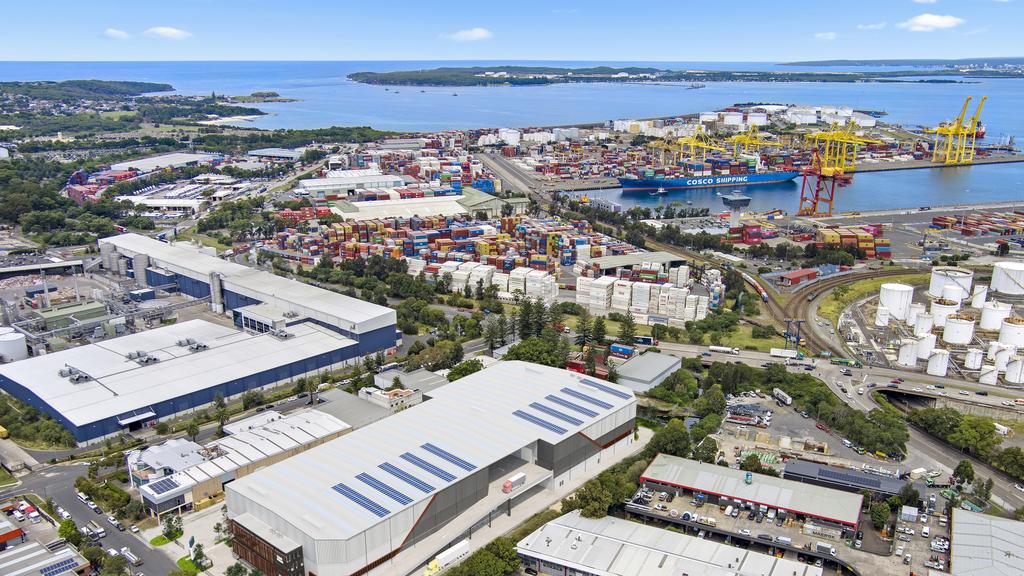
An artists’ impression of 42-52 Raymond Avenue in Matraville.
While near-city areas remain the big play, the value in peripheral markets, driven by population growth and infrastructure upgrades is setting the scene for big moves, where rents have yet to jump.
Hale is now capital raising for their core plus product offering, looking actively for commitments from investors up to $US250m ($387m) in equity. The company believes this will complement its existing high risk profile strategies.
On the development front, it is undertaking multi-level warehouses. Despite its low profile, Hale is at the forefront of this new asset class, with two active projects in construction.
The firm’s development team is developing a multi-level pipeline that spans more than 250,000sq m, making it a market leader in the space.
The firm said that “going vertical” is allowing the creation of much-needed warehouse space for occupiers, offering more efficient logistic solutions in areas with growing demand and reduced supply.
Hale, as the development partners of LaSalle Investment Management, recently sold one of Australia’s first multi-level developments at 42 Raymond Ave, Matraville. It was reported to have sold to Cabot Partners, for $145m, but the firm did not comment.
Hale has commenced development on a 37,500sq m multi-level project at 339 Horsley Rd, Milperra.
The firm says projects are now starting to make sense in more areas, but notes that development costs have jumped. This could put the values of brownfield and greenfield development sites under pressure.
Hale’s recently launched investment vehicle, HCPLF, which will primarily concentrate on logistics and industrial core plus assets on the east coast markets of Australia and Auckland in New Zealand, is targeting a $1bn portfolio. It will focus on investing capital into high quality assets with strong near to medium term positive reversion potential.
Hale’s current industrial and logistics assets under management throughout Australia are valued at more than $750m and have a development pipeline of $1.5bn.
The addition of the new fund will increase Hale’s investment portfolio capacity, enabling it to grow its assets under management to about $4bn.
The timing is good, even as the firm admits prices won’t grow as quickly as before. But there is good buying as capitalisation rates which had tightened to 4 per cent head back to about 6 per cent.
“We think there’s reasonable buying there, and it’s probably reasonable to expect, with consumer sentiment and retail sales coming back as a function of household budgets, that we’ll see some good growth come through, but not the growth we’ve seen recently,” Mr McMickan said.
But the firm remains positive due to strong population growth and structural eCommerce growth.
“We think it’s a good thing in terms of advantage for today to be deploying capital,” he said.
Hale is growing due to the increasing value of its holding and redevelopments.
“Our ambition in terms of growth is to get to $4bn of assets under management in the next 24 months,” Mr McMickan said.
“We are certainly wanting to grow that business.”
“Our ambition in terms of growth is to get to $4bn of assets under management in the next 24 months.”

